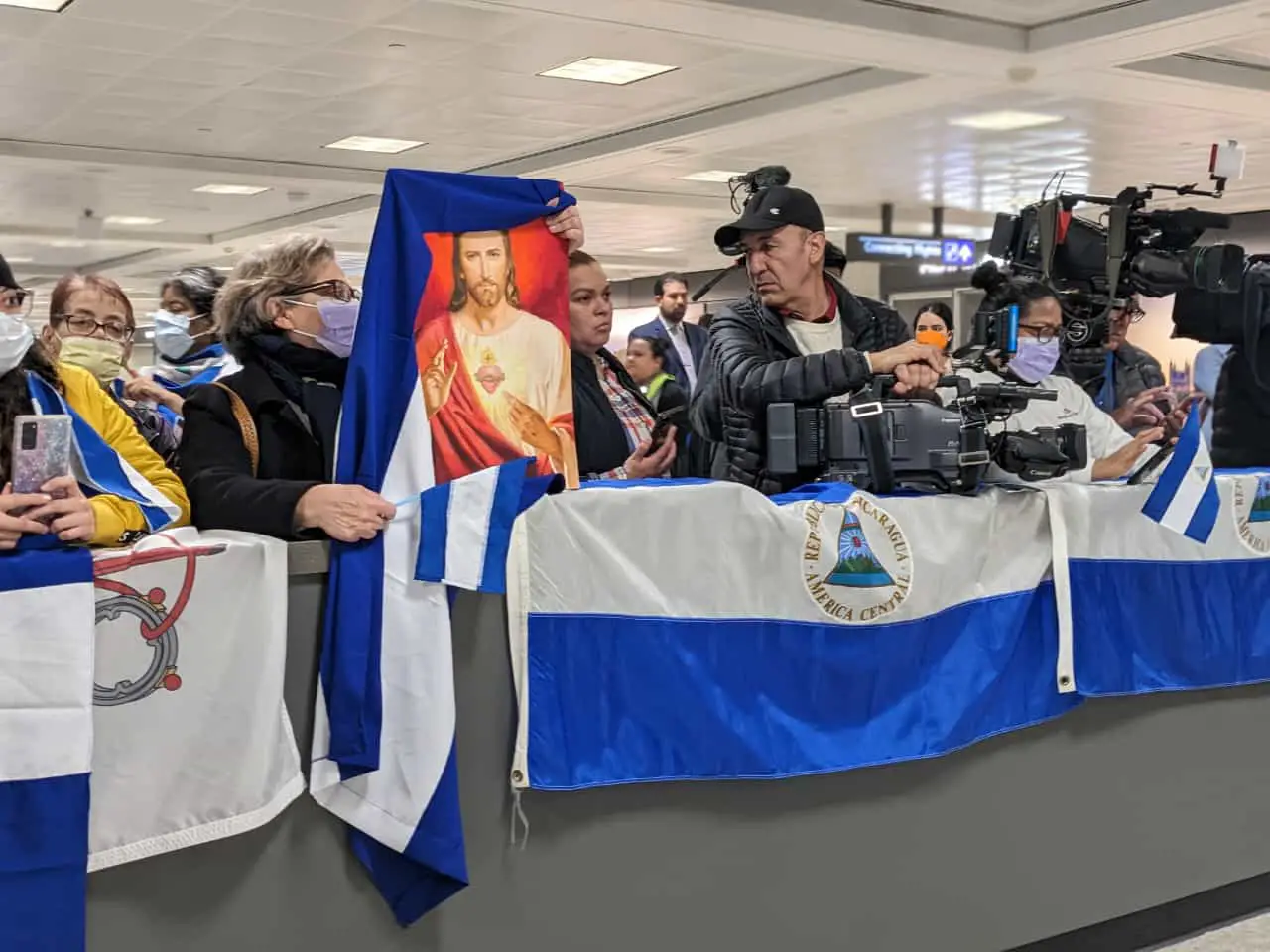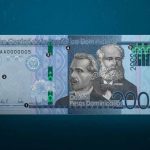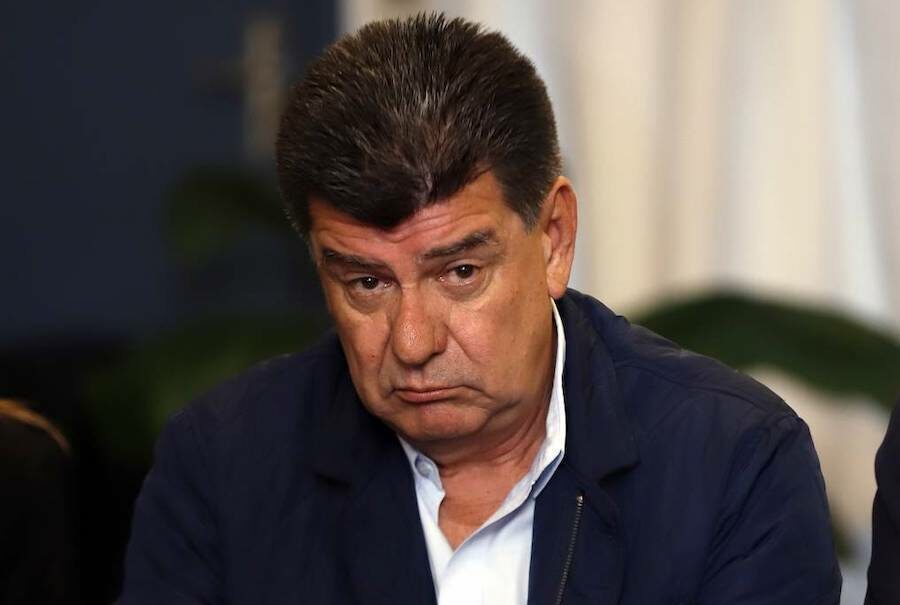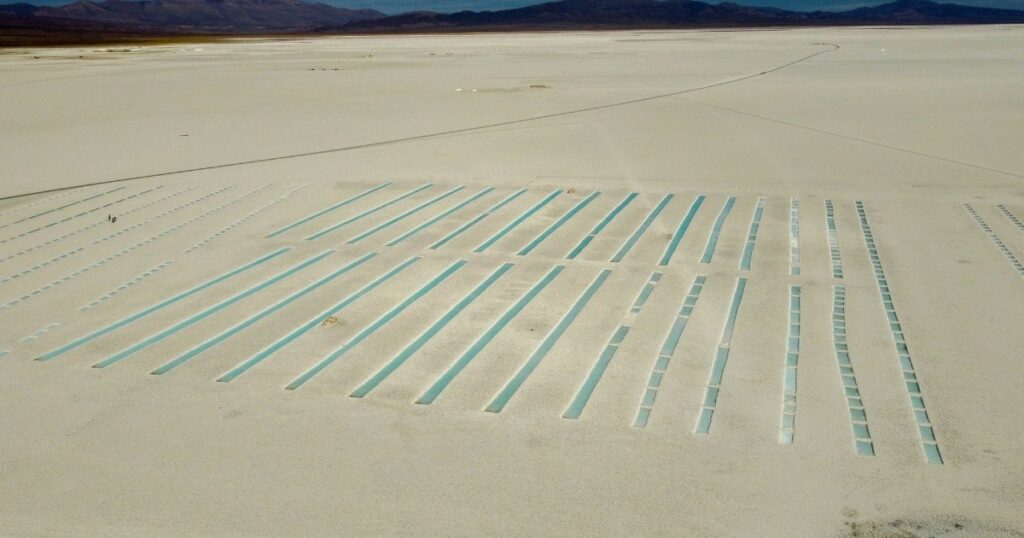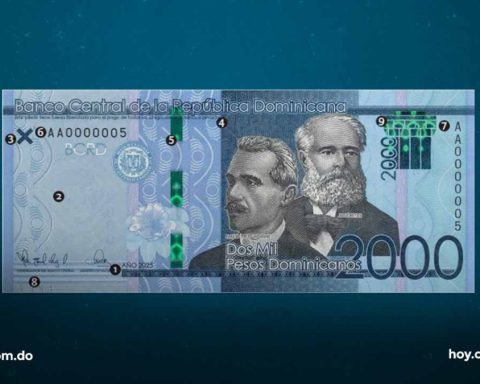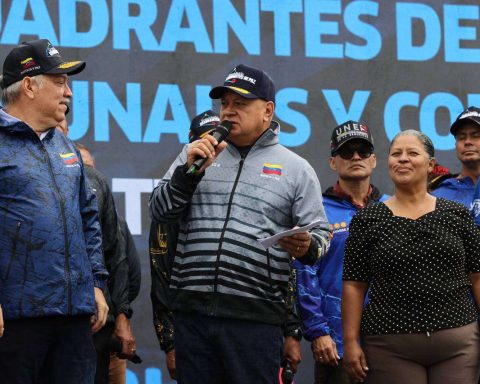The government of Daniel Ortega, in Nicaragua, sentenced 222 dissidents to exile, but also stripped them of their nationality for considering them “traitors to the homeland.”
It used the ruling of a court and the “Special Law that regulates the loss of Nicaraguan nationality” that was expressly approved by the Assembly that dominates the regime and that will continue to be applied “in all its force”, according to the Chamber One of the Court of Appeals of Managua.
With this procedure, the Ortega regime exposes the statelessness to their nationalswarns the lawyer and member of the board of Amnesty International Chapter Venezuela, Carlos Lusverti.
“The banishment or exile and the withdrawal of nationality is clearly a violation of the obligations set forth in the American Convention on Human Rights and in the American Declaration of the Rights and Duties of Man as long as it violates the right to enter and leave one’s country and, to the extent that these people are arbitrarily deprived of their nationality they are placed in a stateless position”, warns the human rights activist.
“Stateless” people are those who are not considered their nationals by any State, explains the lawyer, and it is a violation that also affects Venezuelan migrants, although for different reasons.
“Stateless” Venezuelans
“Unlike Nicaragua where a law that expressly strips people of their nationalityin Venezuela this has not happened, what there are are factual situations that expose Venezuelans to situations of statelessness”, he points out.
The lawyer gives as an example the children of Venezuelans who had to leave the country, as part of the forced migration and faced difficulties in accessing nationality.
This is due to the fact that many migrants lost their identity documents on the way and could not process them because there was no consulate or embassy in operation in the country in which they were, or because they provided a deficient service or the economic costs constituted a barrier.
Due to the international ignorance of Nicolás Maduro as the legitimate president of Venezuela, in 2019, various States broke off their diplomatic and consular relations, which affected the rights of migrants. These services are just being restored.
Another reason is that in some countries it is not enough for the foreigner to be born in the territory to receive nationality. Colombia –the main destination for Venezuelan migrants– is a case to be highlighted in this regard. In order to seek to expand the protection, the Colombian Executive issued a exceptional and temporary measure to grant nationality to Venezuelan children who were stateless.
“Statelessness translates into a series of limitations for the exercise of rights such as health, education, civil rights such as marriage, the right to acquire property, have a job, etc., because they do not have a recognized legal personality,” points.
What is being left without nationality?
Although human rights should not be affected by the absence of nationality, in practice “there are limitations because the administrative systems of the countries, which are obliged to attend to human rights needs, are not designed to deal with situations of statelessness.” the expert points out.
“When you are going to enroll a boy or girl in an educational institution, they ask for their ID, if the person does not have an ID, they should have a passport if they are a foreigner, but if they do not have either, the institution is in trouble. Even if a school can admit these children, stateless, to receive an education, when they reach the end of their academic years they are going to have problems obtaining their degrees, ”she says.
For this reason, it stresses that it is not enough for States to allow the entry of people in need of international protection rather, it is necessary for them to recognize their immigration status so that, as they try to rebuild their lives, they can have access to rights.
humanitarian parole
USA received the 222 former Nicaraguan political prisoners and granted them a humanitarian parole with which they can remain in the country for at least two years. However, this protection document is different from asylum.
Despite the fact that the northern country welcomes these people, it maintains a provision, known as Title 42which restricts the entry of migrants from Nicaragua, Venezuela and other Latin American countries where human rights violations have been proven and documented by United Nations agencies.
“Amnesty International is formally concerned about the immigration situation derived from the application of Title 42. The application of this restrictive regulation could effectively prevent these 222 people from having asylum status. The call that is officially made to the United States authorities is to make the regulations more flexible”, says Lusverti.
Imprisoned for political reasons
Arbitrary detention for political reasons is the pattern most clearly identified by international organizations in countries where there are authoritarian governments.
The representative of Amnesty International highlights Cuba, Venezuela and Nicaragua: “Where a stable line is seen in the use of the arbitrary detention mechanism as part of a strategy of repression is clearly in Cuba, Nicaragua and Venezuela.”
The latest report from this organization documents the number of prisoners for political reasons in these three countries at the end of 2021. It should be noted that these figures vary constantly due to the releases, deaths or new arrests that may occur and the criteria used. to determine that a person is a political prisoner.

The release of 222 Nicaraguans confirmed that the Ortega regime kept more than 160 people deprived of liberty for being dissidents.
What mechanisms does the international community have to intercede for political prisoners?
Lusverti responds that there are monitoring and supervision mechanisms in the field of human rights such as the system of the Inter-American Commission on Human Rights. Complaints in this body may refer to the Inter-American Court of Human Rights. He also mentions United Nations mechanisms such as the Human Rights Committee.
In the case of Nicaragua, the IACHR installed a Special Monitoring Mechanism for this country (Meseni) with the objective of recording the human rights violations committed in the context of social protests.
After six months of operation on the ground, the State of Nicaragua decided to “temporarily suspend” the presence of the IACHR in the country.
Lusverti points out that, although these international mechanisms may be slow to proceed, they are decisive for justice processes to be achieved.
“Faced with the collapse of the rule of law in countries with authoritarian governments, it is the international mechanisms that guarantee the possibility of establishing and recognizing human rights violations that in the long term can give rise to a process of investigation, sanction, non-repetition and memorialization,” he says.
Banishment is also a practice applied by the Venezuelan government to neutralize its dissidence. The most recent case is the release of the former Minister of the Interior and Justice, Miguel Rodriguez Torreswhom released on the condition that he leave the country. He is currently in Spain.
In 2018, former political leader Lorent Saleh was transferred to the international airport of Maiquetia to board a plane bound for Spainafter his release.
That same year, the former student leader Villca Fernández denounced that the Maduro government was expelling him from the country and that he would settle in Perua country that guaranteed him protection.
He article 50 of the Constitution establishes that: “No act of the Public Power may establish the penalty of estrangement of the national territory against Venezuelans or Venezuelans”.
Original text published by firewood effect
